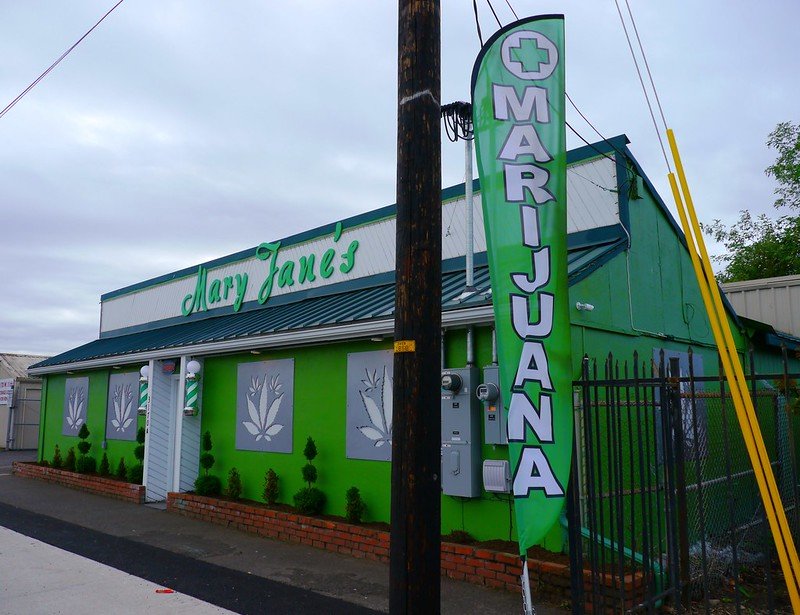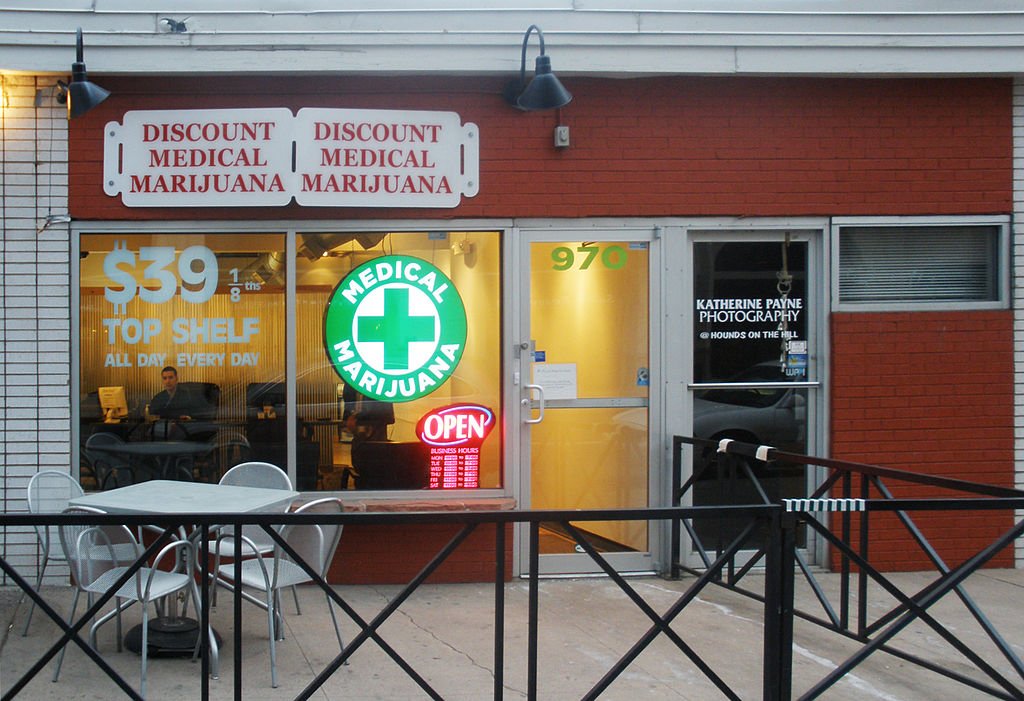Latest Status on MORE Act to Federally Decriminalize Marijuana
Last Updated on March 30, 2021 by Corepay
Last November, cannabis activists and dispensary owners were pleased when the U.S. House Judiciary Committee passed the HR 3884 Bill, The MORE Act (Marijuana Opportunity Reinvestment and Expungement) of 2019.
The bill passed 24-10 after just a couple hours of debate, and was cheered by marijuana activists everywhere as the bill became the furthest marijuana legalization has ever gone at the federal level. The bill would remove marijuana from the list of Class I controlled substances, the same category as heroin and ecstasy.

“For far too long, we have treated marijuana as a criminal justice problem instead of a matter of personal choice and public health. Whatever one’s views on the use of marijuana for recreational or medicinal purposes, arresting, prosecuting and incarcerating users at the federal level is unwise and unjust,” House Judiciary Committee Chairman Jerry Nadler said in his opening statement at the original hearing.
In the Senate, a similar bill, Senate bill S. 227, was introduced last June by Senator Kamala Harris, but it has not even been reviewed by the appropriate committees.
The House bill then headed to the House Energy and Commerce Subcommittee on Health for another hearing on January 15, 2020.
At that time, there were no votes cast about its status, nor were there any policy decisions made. That means the bill is still stuck in this committee and is awaiting further action.
Even while Congress wrestles with this issue, many states are not waiting for them: Eleven states and the District of Columbia have legalized the sale and possession of recreational marijuana and 22 others have medical marijuana laws in place. The states where it’s legal recreationally include Alaska, California, Colorado, Illinois, Maine, Massachusetts, Michigan, Nevada, Oregon, Vermont, and Washington.
But cannabis still remains illegal at the federal level which has created problem for researchers, banking for legal marijuana dispensaries, and even paying of taxes. Most legal dispensaries cannot utilize banking services or credit card processing/merchant services, which makes it difficult to pay salaries, taxes, or any kinds of fees.
Also in 2019, the full U.S. House of Representatives passed the SAFE Banking Act, a cannabis banking bill that would have allowed banks to work with legal marijuana dispensaries without fear of arrest or criminal charges, but it’s currently languishing in the Senate and may not pass at all.
We’re not sure when the MORE Act or safe banking will finally happen, but while everyone waits, marijuana-based dispensaries are still having difficulty accepting credit cards as a form of payment, which puts them in the high-risk merchant services category. Corepay can help you so you can process your payments quickly and easily. For more information, please visit our website or call us at (800) 408-0095.
Photo credit: Martin Falbisoner (Wikimedia Commons, Creative Commons 3.0)
We appreciate you following Corepay’s blog. Let’s collaborate, send us your article suggestions, questions, and/or feedback to: [email protected].


